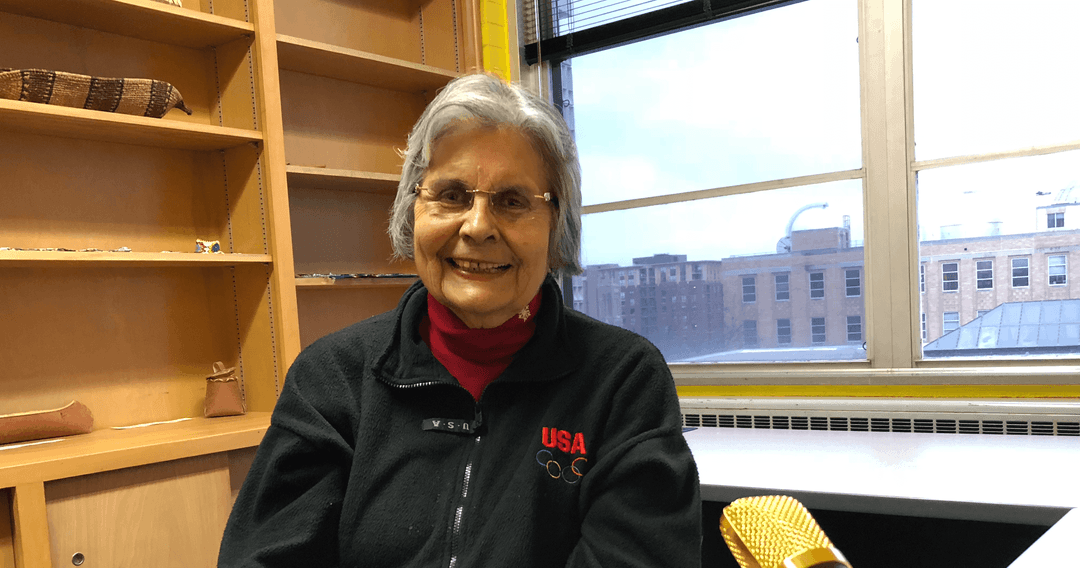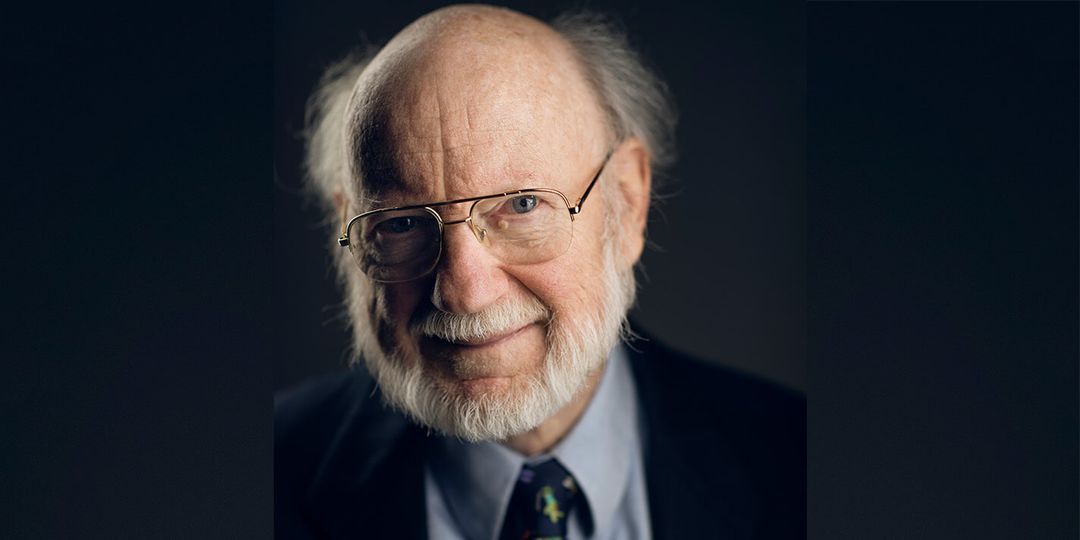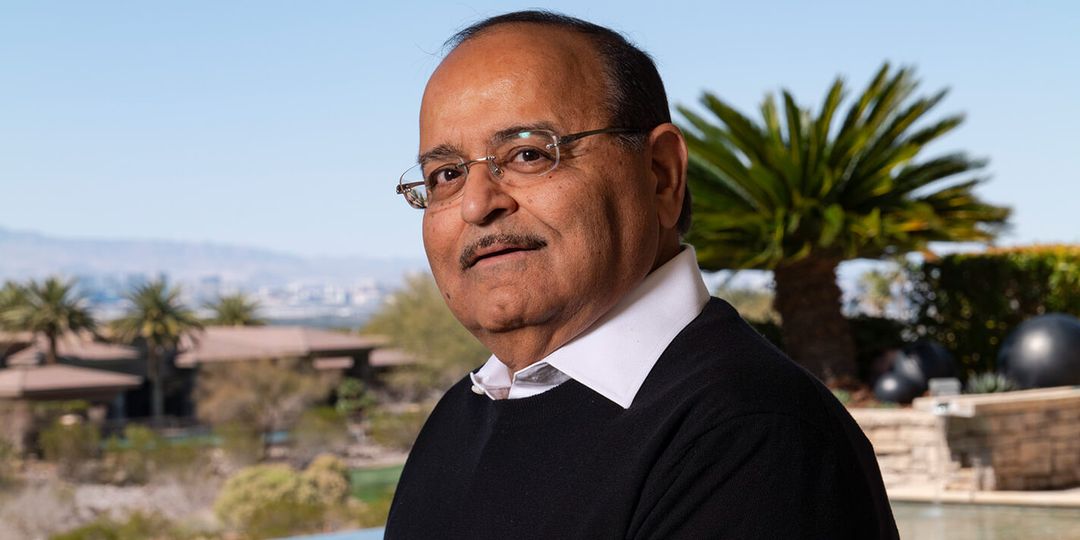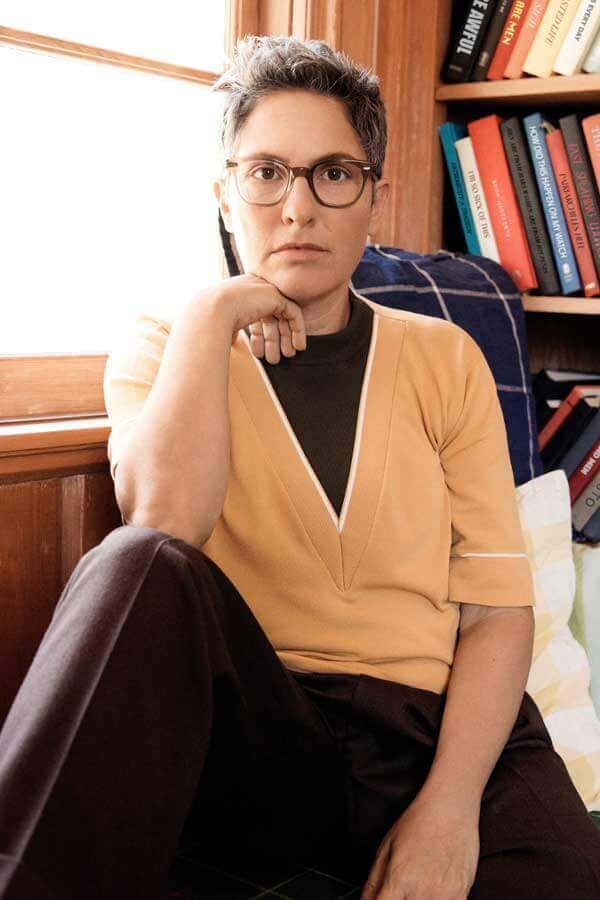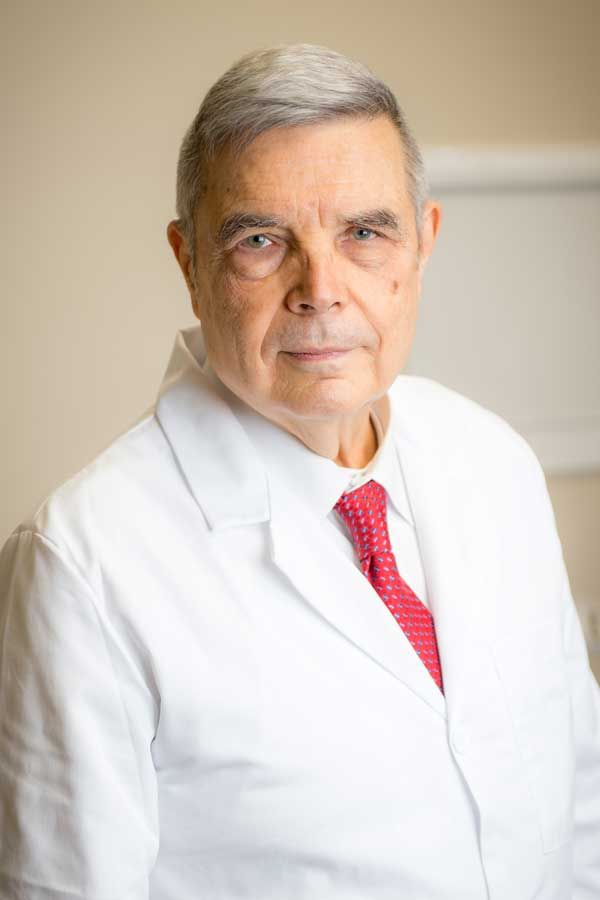2008 Distinguished Alumni Award Honoree
Shihoko Fujiwara '03 is a crimefighter.
From her office in Tokyo, Japan, she leads a charge to rescue victims of human trafficking -- a form of modern-day slavery that exploits hundreds of thousands of victims worldwide, mostly women and children.
"Our mission is to end this slave-like situation of the people," she says. "We rescue them from an exploitative situation and empower them to start a new life."
Fujiwara grew up on the northernmost Japanese island of Hokkaido in the city of Ikeda, which she describes as "a lot like Madison." The oldest of three, Fujiwara remembers being a curious child, less focused than her sister, Sachiko, or her brother, Ryota. With the support of her mother, Keiko, and her father, Tomoki, she dabbled in varied interests — learning mathematics, playing the piano — whenever she had the chance.
"I wanted to try new things," she says.
That adventurous spirit continued when Fujiwara first came to the United States for a high school exchange program, spending a year at a high school in the small town of Bayou Chico, Louisiana.
Her first year was somewhat difficult -- she was still learning the English language, and initially thought that the mailing address "LA" was Los Angeles, not Louisiana -- but grew to love the Southern food and climate. She managed the track and field team at her high school back home, but in Louisiana, she joined the team herself, and competed in the 1500-meter events.
Fujiwara stayed in the United States to begin her college education at a small private school in downtown Pittsburgh, where she majored in journalism. But after a year at the urban campus, she missed the familiarity of lush, green trees and the sparkling water of inland lakes. Again, it was time to try something new.
During a summer internship in Japan, Fujiwara had a chance meeting with a graduate of the University of Wisconsin-Madison who described a great experience at his alma mater. One look at a UW-Madison brochure with photos of the campus and the surrounding lakes convinced her to apply to Wisconsin.
"I thought going to a bigger school like UW would be wonderful," she says. "It's a very good school. And I got used to living in winter weather. I kind of like it."
Arriving in Madison, Fujiwara enrolled as a Sociology major and filled her schedule with classes in the humanities -- sociology, philosophy, political science and psychology -- but eventually found that a major in International Studies was a perfect fit.
"Being an international student, I also wrote a lot of essays about Japan and Asia," she said. "I wanted to pursue a career in something more specific, perhaps an international organization or nonprofit."
Fujiwara fondly remembers campus life -- biking to class, enjoying State Street restaurants, all-night studying at College Library, and swimming with friends in Lake Mendota. She also took time to volunteer in the Madison community, working for a time at the Mifflin Street Co-op, and also helping out at a nearby organic farm.
But it was her work with a UW staff member that ignited her passion for social justice and the nonprofit world. As a student employee under the leadership of Rick Brooks, an outreach program manager in UW's Division of Continuing Studies, Fujiwara gained experience in the field of health promotion, and helped organize a study-abroad experience to Sri Lanka, where she and about 15 other UW-Madison students performed community service.
"Rick Brooks really taught me the importance of community work," she said.
This exposure to international service was also when Fujiwara first learned about the perils of human trafficking. Upon graduation in 2003, Fujiwara accepted a year-long fellowship with the Polaris Project, based in Washington, D.C. where she learned more about the anti-human trafficking movement.
It's estimated that human trafficking is the third-largest criminal industry in the world. Most victims of human trafficking are women and children, and the crimes often include sexual exploitation.
Victims of trafficking are often threatened or intimidated. Fujiwara says the Project's foremost challenge is to help victims realize the danger of their situation, and then offer them support and empower them to change. The Project organizes campaigns to raise community awareness, and works with the public and law enforcement to help people recognize survivors and fight human trafficking.
According to Fujiwara, Japan's $84 billion dollar adult entertainment industry continues to grow, but sex is widely considered a taboo subject for discussion. As a result, she finds that people are surprised to learn the extent of the problem of human trafficking. This part of Japanese culture also makes it difficult to raise funds and advance the anti-human trafficking movement, she said.
"It's very hard to bring a lot of people out to advocate, unlike in the States," she said.
In 2004, Fujiwara returned to her native Japan as the Polaris Project's first staff member, responsible for starting a Tokyo branch of the project. During her first year, she offered educational seminars throughout Japan and launched a 24-hour hotline that provides support for victims in several languages.
Today, Fujiwara and a colleague are the Polaris Project's only paid staff members in Japan.
While her UW education in International Studies prepared her well for the business world, Fujiwara's passion for helping fellow women in her home country led her to the nonprofit sector. She credits her supportive family and her experience as a female college student in the United States for inspiring her persistence.
"Trafficking has been the issue I really care about as a Japanese citizen," she says. "We should really bring back what we learned from college and from student life and the community. For me, it was going back to Japan. I wanted to share, especially from the female perspective. In Madison, you don't have to worry about being female. I also feel like I am bringing up these issues to show the Japanese people the discrimination against these women."
At first, the Polaris Project primarily served victims who were originally from other nations and were brought to Japan to work in the adult entertainment industry. Now, the project is intensifying its focus on helping survivors closest to home -- Japanese women and children.
Fujiwara says Japan has strengthened some laws and policies related to the adult entertainment industry, but one result is that the sex industry is being driven underground, making it harder to connect with victims who would benefit from the Project's help. She says the Project estimates that hundreds of thousands of women are exploited, and the hotline receives more than 200 calls each year, yet Japanese law enforcement has only officially identified 40 victims.
This year, the Project is preparing to open a drop-in center as a safe place where children and women can find food, shelter, medical help and the assistance they need to escape their situation.
"Police don't have a standard way to identify the victims," she says. "This year, we really want to focus on going out to the street. Hearing the voices of the victims, supporting them, greeting them -- voices of survivors can really affect the policy."
Fujiwara's passion for her work may have brought her back to Japan, but she found her inspiration at a university 5,600 miles from home.
"I needed a bit of courage," she said. "You need to sacrifice other things -- your secure life, your friends. It's worth trying."
For the Japanese people, Fujiwara's work means a greater awareness about the offense of human trafficking and the plight of the women and children who become its victims. For survivors of these crimes, her work offers hope -- and the chance for a new beginning.
